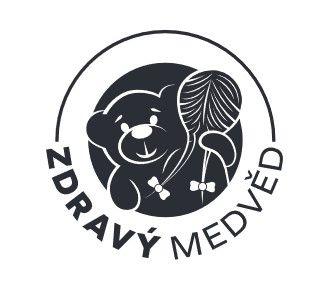Peasant horsetail
Latin name: Equisetum arvense
Synonyms: spittoon, piglet, piglet, horsetail, horsetail, stool, emery grass, tail, brush, ...
Characteristics: Equisetum is derived from the Latin root "Equus", meaning "horse", and "seta", or "bristle". Horsetail is a perennial herb of the Equisetaceae family that grows in Europe, North America, and Asia. It is considered a fast-spreading, invasive and difficult-to-remove weed. It has hollow, pointed stems up to 70 cm high and scaly leaves. In the spring, a pinkish fertile stem with a spore spike grows, later it is replaced by a barren summer green stem. The green above-ground part is typically used for medicinal purposes. Horsetail has been used by people since ancient Greek and Roman times to treat weak and brittle bones (osteoporosis), pulmonary tuberculosis and kidney problems. It was also recommended to reduce edema, to stop bleeding and to heal wounds. Some ingredients reduce inflammation, while others strengthen hair and nails, such as silicon and silicon dioxide.
Ingredients: Horsetail stems contain 5‒8% silicon dioxide and silicic acid, 5% saponin called equisetonin, more than 15 types of bioflavonoids, beta-sitosterol and trace amounts of cholesterol. The alkaloid nicotine is present in small amounts. The plant also contains manganese, potassium, sulfur, and magnesium.
Dietary Supplements: Horsetail is available as a dietary supplement in a variety of forms, including teas, tinctures, capsules, and ointments.
Effect: Horsetail has been studied in the treatment of osteoporosis, rheumatoid arthritis, high blood pressure, high blood sugar, and hair growth. It can accumulate silicon dioxide, which helps to promote hair growth and increase its shine. In addition, silicon is essential for optimal collagen synthesis and thus improves the firmness and elasticity of the skin. Horsetail is also recommended for bleeding, gout, frostbite, heavy menstruation, incontinence, kidney stones, urinary tract infections and externally for wounds.
Recommended daily dose: Not defined, 900 mg per day has been tested.
Side effects: Increased urination. Because horsetail contains thiaminase, an enzyme that breaks down thiamine (B1), long-term use may increase the risk of thiamine deficiency.
Interactions: May interact with diabetes medications due to its ability to lower blood sugar. Taking with insulin or other blood sugar-lowering medicines can lead to dangerously low blood sugar. Taking horsetail with another diuretic can cause potassium levels to drop. Horsetail can reduce the elimination of lithium (a mood stabilizer), thereby increasing its accumulation in the body and therefore its side effects. Due to the nicotine content, it is not recommended to use together with nicotine gum or nicotine patches.
Contraindications: Chronic alcohol use can cause vitamin B1 (thiamine) deficiency. Horsetail consumption by alcoholics may worsen vitamin B1 deficiency. If you are allergic to carrots, you may also be allergic to horsetail.
Pregnancy: Contraindicated due to lack of information.
Breastfeeding: Contraindicated due to lack of information.
Caution: Taking horsetail with silicon supplements may increase the risk of its side effects.
Toxicity: When self-harvesting horsetail, there is a risk of confusion with the similar looking, but poisonous, marsh horsetail.
Peasant horsetail
Chat with us on WhatsApp



